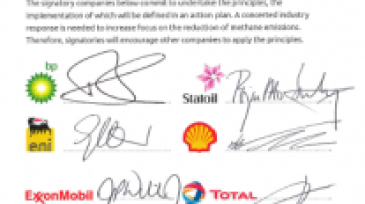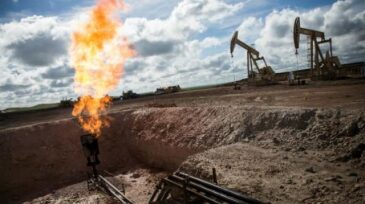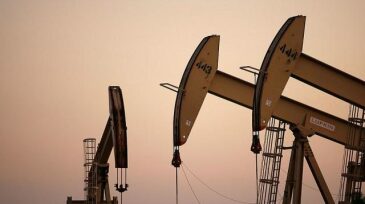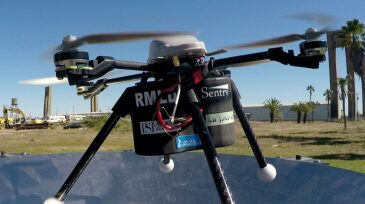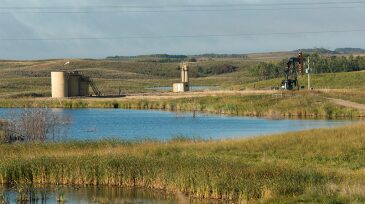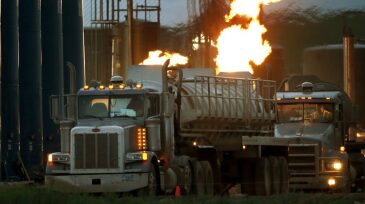methane
-
Three global energy industry associations have signed on to the Methane Guiding Principles to increase focus on reducing methane emissions across the natural gas value chain.
-
Woodside has joined BP, Eni, ExxonMobil, Gazprom, Repsol, Shell, Statoil, Total ,and Wintershall in signing the guiding principles that commit it to further reduce methane emissions from the natural gas assets it operates.
-
The Trump administration must start enforcing an Obama administration rule limiting methane leaks from oil and natural gas drilling on federal land, a court ruled.
-
The Trump administration is proposing to repeal most of the requirements of a 2016 rule meant to reduce wasted methane from oil and natural gas drilling on federal land.
-
In November, ExxonMobil signed a commitment with several companies aimed at reducing methane emissions. That agreement built off earlier efforts the company had announced to enhance voluntary methane reduction.
-
A US-government-sponsored program is putting new methane leak detection systems to the test with a goal of achieving functionality costs of $3,000/year/wellsite while hitting stringent performance criteria.
-
With the API and a multi-operator group passing separate programs aimed at reducing methane emissions, the discussions on what defines an acceptable level of regulation continues within the industry.
-
BP, Eni, ExxonMobil, Repsol, Shell, Statoil, Total, and Wintershall committed to further reduce methane emissions from the natural gas assets they operate around the world.
-
Southwest Research Institute has developed a leak detection system to autonomously monitor pipelines for hazardous chemical spills. R&D Magazine recently recognized the system as one of the 100 most significant innovations of 2017.
-
In recent years there has been a spike of research to determine what the extent of emissions are from fracked oil and gas wells. While much discussion has surrounded methane emissions, a greenhouse gas, less attention has been paid to air toxics.

